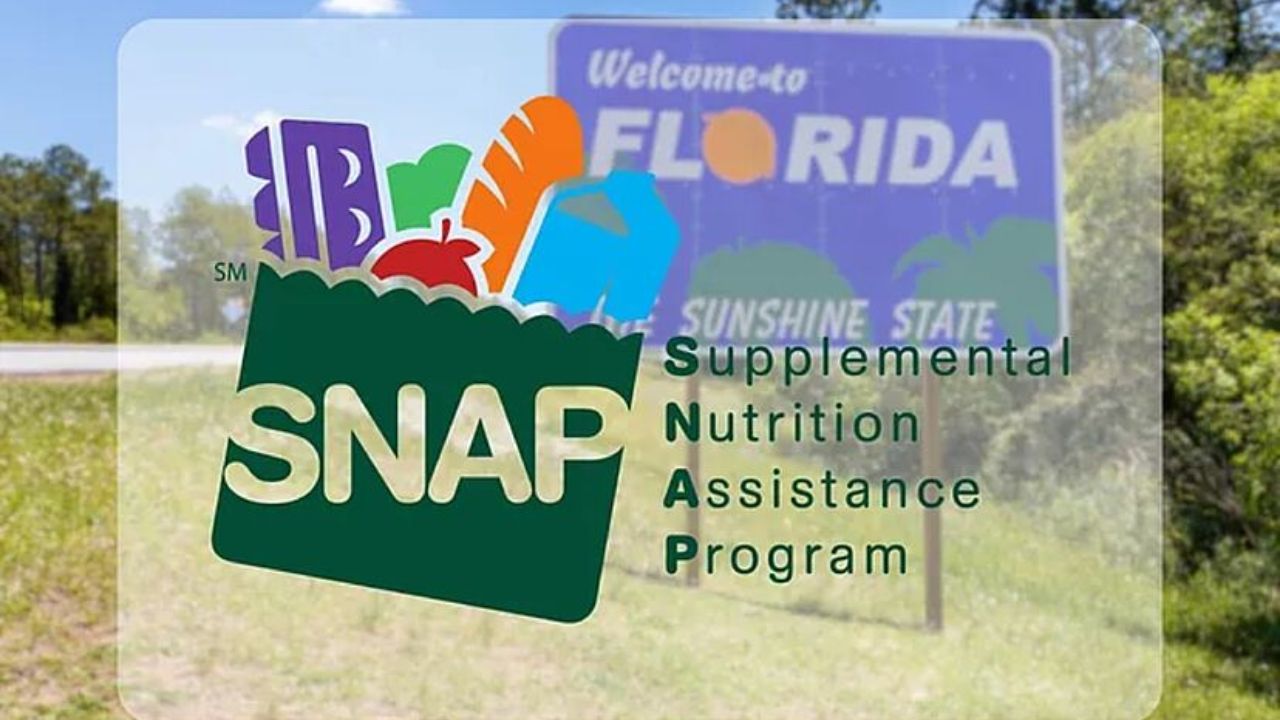Florida – Starting October 1, 2025, millions of households across the United States, including Florida, will see a modest increase in their Supplemental Nutrition Assistance Program (SNAP) benefits thanks to the annual Cost of Living Adjustment (COLA). This adjustment reflects rising inflation and food prices and means slightly higher food stamp benefits for recipients. However, these increases come amid new federal work requirements and administrative changes that could impact eligibility and overall benefits for many families.
Modest SNAP Benefit Increases Across the Board
The upcoming COLA adjustments will raise the maximum monthly SNAP benefits in the 48 contiguous states and Washington, D.C. for households of various sizes.
- 1 person: $298 (+$6)
- 2 people: $546 (+$10)
- 3 people: $785 (+$17)
- 4 people: $994 (+$19)
- 5 people: $1,183 (+$25)
- 6 people: $1,421 (+$31)
- 7 people: $1,571 (+$35)
- 8 people: $1,789 (+$33)
Alaska, Hawaii, and U.S. territories have higher limits due to local food costs—such as a family of four in Hawaii receiving up to $1,689 monthly, and in rural Alaska up to $1,995.
The minimum benefit for households of one or two people will also increase slightly, moving from $23 to $24.
Expanded Income Limits Allow More Families to Qualify
The gross and net income limits for SNAP eligibility will rise, enabling more families in Florida and nationwide to qualify for aid.
- For a 1-person household, the gross income limit increases to $1,696 (previously $1,632).
- A 4-person household limit goes up to $3,483 from $3,380.
- Net income thresholds after deductions also rise, enhancing eligibility for those near previous limits.
In addition, standard deductions used to calculate benefits will increase—helping reduce counted income and potentially increasing benefit amounts:
- 1-3 people: $209 (was $204)
- 4 people: $223 (was $217)
- 5 people: $261 (was $254)
New Federal SNAP Work Requirements
A critical change effective October 2025 involves new work rules expanding requirements for adults aged 55-64 without dependent children, who must now work at least 20 hours weekly or participate in approved training programs. This rule previously applied only to those up to 54 years old.
Additional changes include:
- Parents with children aged 14 and over must meet these work requirements.
- Veterans, homeless individuals, and former foster youth must prove work or training activity to remain eligible.
- If a household member fails to meet the requirements, the entire household’s benefits may be reduced.
Experts caution, “These expanded work requirements could impact over 1.2 million SNAP recipients nationwide, challenging many to maintain eligibility despite modest benefit increases.”
Changes to Utility Deductions and Asset Limits
The new law will remove the Standard Utility Allowance for heating and cooling in households without elderly or disabled members, requiring many families to submit actual utility bills. This could reduce benefits if actual expenses are lower than previously estimated.
Asset limits remain unchanged at $4,500 for households with elderly or disabled members and $3,000 for others, though most states do not enforce these limits.
Looking Ahead: Limited Future SNAP Increases
The legislation caps future SNAP benefit increases to adjustments based solely on inflation until October 1, 2027, postponing any full program reassessment.
What This Means for Florida SNAP Recipients
Florida recipients will benefit from slight increases in food stamp amounts starting late 2025 but must be mindful of the new work requirements and documentation rules. Staying informed and planning ahead for the holiday spending season can help maximize the benefits.
Read Also: Top 10 States with the Biggest Social Security COLA Increase in 2026
Key Takeaways for SNAP Recipients
- Benefit amounts will rise modestly starting October 2025.
- More families may qualify due to increased income limits.
- New work requirements affect adults 55-64 without dependents, parents with older children, veterans, homeless, and former foster youth.
- Submitting actual utility bills may affect benefit calculations.
- Future benefit increases will be limited until 2027.
As the new SNAP changes take effect, recipients in Florida and nationwide should review eligibility updates carefully and seek guidance if needed to maintain their benefits.
What do you think about the 2026 SNAP COLA increases and new work requirements? Share your thoughts in the comments below!


 by
by 

